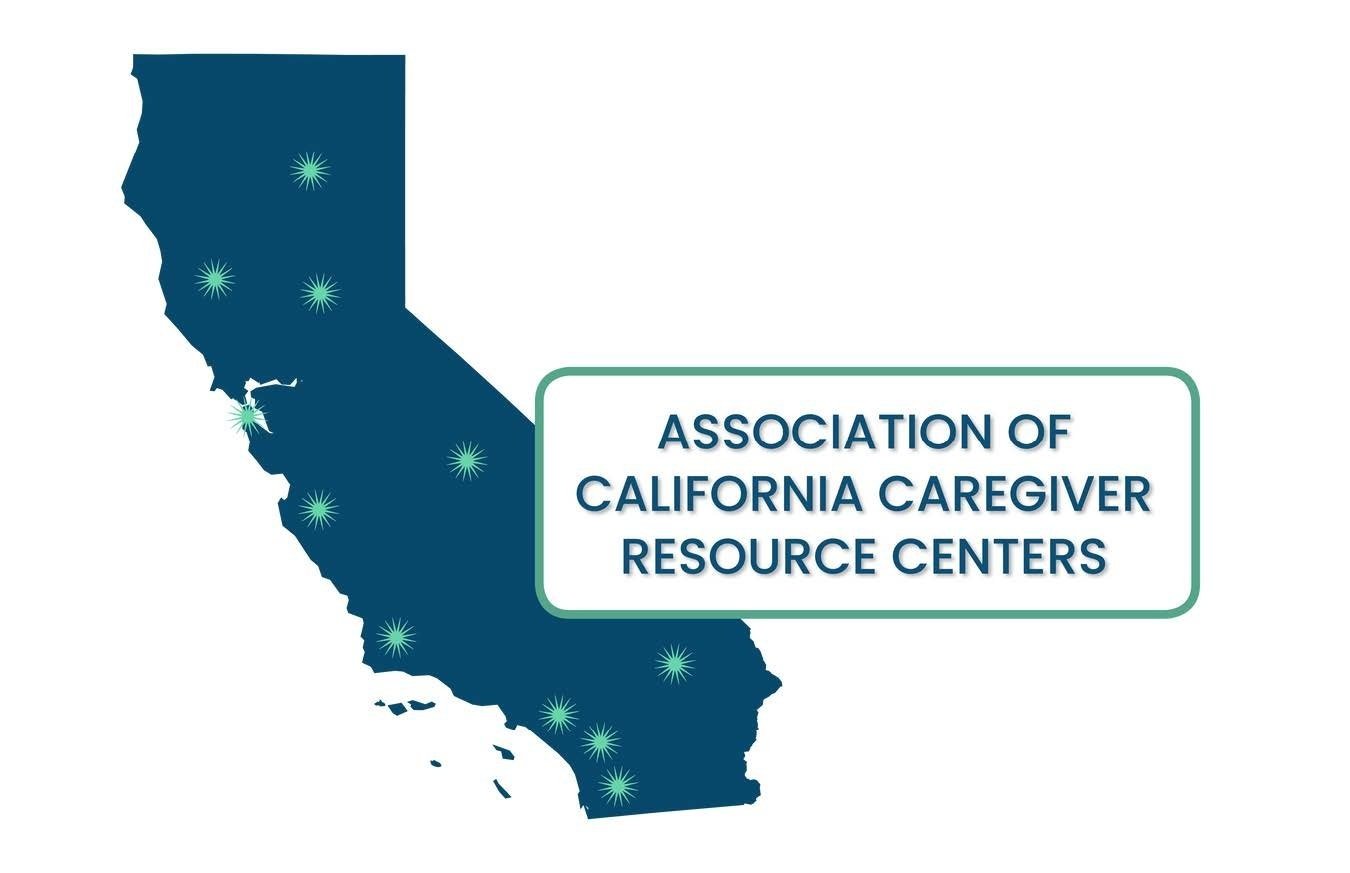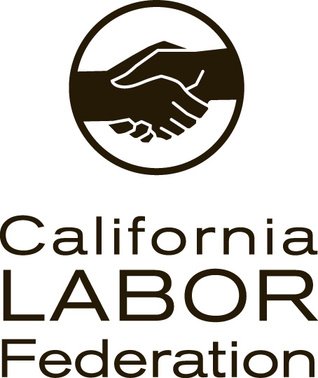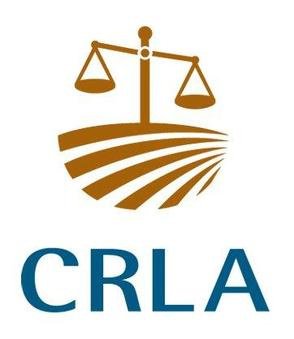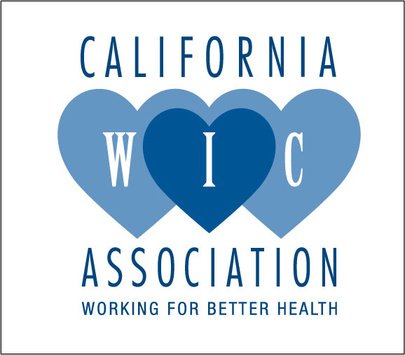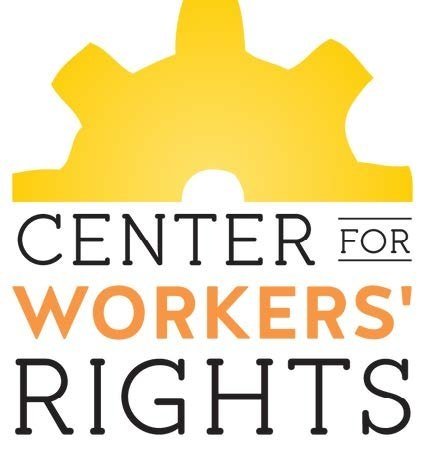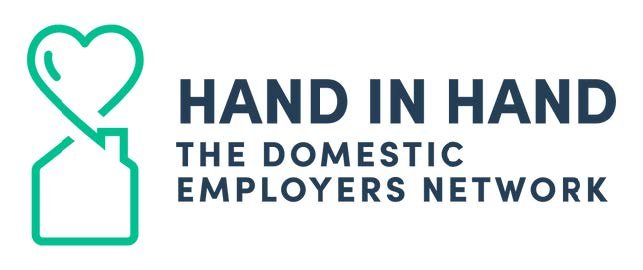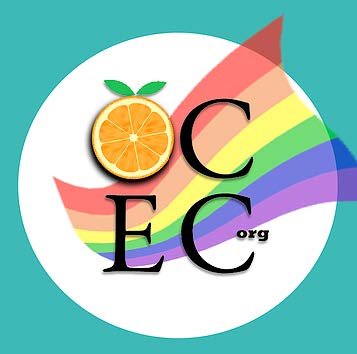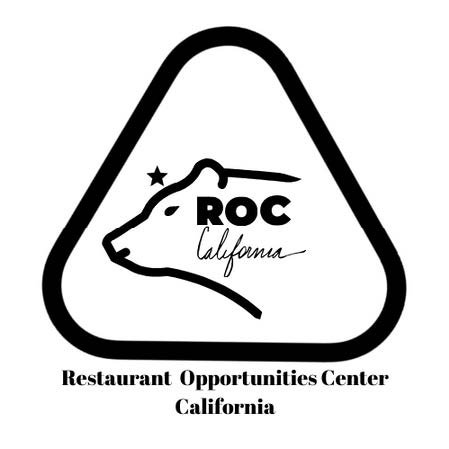Paid Leave Advocates Oppose the Use of ID.me to Verify PFL and SDI Claimant Identities
March 29, 2022
Honorable Gavin Newsom Governor, State of California
Nancy Farias, Director, Employment Development Department
Advocates Call on the Administration and the Employment Development Department to Refrain from Using ID.me to Verify the Identity of SDI and PFL Claimants
The undersigned organizations respectfully request that the Administration and the Employment Development Department (EDD) refrain from moving forward with plans to use ID.me as a fraud prevention tool for State Disability Insurance (SDI) and Paid Family Leave (PFL) claims. As Advocates who serve low wage and new immigrant communities we respectfully request that the EDD work with us to identify an alternative process to verify the identity of claimants and prevent fraud.
SDI and PFL are crucial worker-funded benefits that should be accessible to all California workers. Families rely on SDI and PFL to take time to heal from a temporary disability, bond with a new child, or care for a seriously ill family member, and California workers pay into these programs with each paycheck. These programs are a vital support for workers and many, especially low wage, new immigrants, non-English speaking, and elderly workers already experience significant barriers when applying for their benefits.
The recent fraud perpetrated by a crime ring filing false claims¹ is a serious issue for the SDI and PFL funds and it must be addressed, but ID.me is the wrong approach. ID.me will create new problems and barriers for legitimate claimants most in need of these benefits, delaying their claims at a time when SDI and PFL can be the difference between workers being able to make rent and put food on the table during an already extremely stressful time. ID.me requires high technology know-how and access, is potentially data insecure, and may end up excluding legitimate applicants.² Creating more barriers for low wage and immigrant workers is NOT the way to address fraud.
The documentation and technological skill required by ID.me presents a series of barriers that claimants must overcome in order to successfully verify their identities. Using a third-party identification system adds another layer of bureaucracy and another potential barrier to obtaining benefits. These barriers will prevent many of the most vulnerable workers including low income, new immigrants, and senior citizens, from getting the pay that they need to be able to care for their health. For those who struggled with ID.me when applying for Unemployment Insurance in 2020, many claimants were forced to return to a paper application due to the additional barriers ID.me presented.³ We know from experience that workers who are not able to get their SDI are often forced to return to work early, before their health allows, because they would rather risk their health than their ability to cover rent or buy food for their children.
ID.me in California will also leave out non-English speaking workers - especially those who speak languages other than Spanish.⁴ Although ID.me potentially has more languages available, the EDD platform currently has only Spanish and English. It has been extremely difficult for non-English speakers to apply for benefits and now they will need an interpreter to verify their identity as well.
Due to these significant problems with ID.me, worker advocates, social workers, and legal services striving to help workers who are having trouble accessing their benefits report increased workloads due to ID.me.⁵ According to members of PFL Advocates, the California Work & Family Coalition group that meets with the EDD on PFL and SDI implementation issues, it can take over an hour to help even one worker having problems with ID.me. Assistance often requires physical presence with the applicant which takes longer and has been an additional barrier during the pandemic and for applicants struggling with disabilities and/or family responsibilities. This adds work to an already difficult job of helping workers access the programs that they are paying for.
As advocates, we want workers to access their benefits, but for every individual we are able to assist, we estimate that hundreds if not thousands of workers face the same issue, and many of those workers will not have the support they need. We expect that many will give up rather than continue to try to access SDI and PFL benefits, creating a ripple effect in our communities and the perception that SDI and PFL aren’t programs that serve California’s most marginalized communities.
We are also concerned with ID.Me’s use of facial recognition software which has a higher error rate often related to gender and race⁶ bias and raises issues of privacy and a potential violation of claimants’ civil liberties. SDI and PFL claimants should not be forced to provide data to be shared with a third party - especially as it has become clear that ID.me saves this information and compares it to a database of similar data. In fact, the Treasury Department announced that it is in the process of ending the ID.me contract with the IRS due to privacy concerns⁷. Many states, including Massachusetts, recently announced they are dropping ID.me due to concerns about privacy and accuracy.⁸ The California Legislative Analyst’s Office, in a March 1, 2022 report to Senate Budget Subcommittee #5, noted that ID.me has come under scrutiny due to privacy and racial bias concerns and recommended that, since the initial need related to UI fraud has passed that the Legislature “pause and carefully consider the implications of requiring third-party biometric scanning - in this case, facial recognition performed by artificial intelligence.”⁹
The EDD should work collaboratively with advocates and worker leaders in the field to identify impactful but low-burden mechanisms to provide EDD with the information that it needs without freezing out immigrant and low-wage workers. Workers apply to PFL and SDI during times of medical crisis or family transition, and together, we can find ways to obtain necessary information without causing such significant harm. The EDD should gather input before moving forward with third party applications that serve to complicate an already too difficult process. ID.me does not address the causes of this fraud and creates harm. In fact, there has been significant press coverage of complaints and pushback from workers and worker advocates across the country¹⁰ as well as across the board low ratings and online consumer complaints.¹¹
Californians deserve better. We request that the EDD work with PFL Advocates and statewide worker advocates on finding alternate approaches to address fraud that do not leave California’s most vulnerable workers and communities behind.
Sincerely,
Association of California Caregiver Resource Centers
California Rural Legal Assistance
California Work & Family Coalition
Chinese Progressive Association
Hand in Hand: The Domestic Employers Network
Orange County Equality Coalition
CC:
California Legislature
¹ CA Employment Development Department Press Release on Outside Fraud https://www.edd.ca.gov/about_edd/fraud.html
https://www.theverge.com/2022/1/26/22903437/id-me-facial-recognition-databases-irs-match
² https://www.theverge.com/2022/1/26/22903437/id-me-facial-recognition-databases-irs-match
³ Abc 10 “EDD Verification Delayed by Long Waits for ID.Me” Josh Lyle, January 15, 2021 https://www.abc10.com/article/money/edd-verification-id-me-delay/103-b3a5de8e-9150-464f-9020-7fff939b9b17
⁴ KQED, How Barriers at EDD Keep Already Vulnerable Californians from their Benefits, Mary Franklin Harvin, February 19, 2021 https://www.kqed.org/news/11860924/how-barriers-at-edd-keep-already-vulnerable-californians-from-their-benefits
⁵ I.D.Me Presents Barriers to Low Income People Seeking Unemployment Insurance and Other Government Benefits, Legal Services of Philadelphia, November 2021 https://clsphila.org/employment/id-me-paper/
⁶ “Three Key Problems with the Government Use of a Flawed Facial Recognition Service” by Jay Stanley, Senior Policy Analyst, ACLU Speech, Privacy, and Technology Project; Olga Akselrod, Senior Staff Attorney, Racial Justice Project, ACLU https://www.aclu.org/news/privacy-technology/three-key-problems-with-the-governments-use-of-a-flawed-facial-recognition-service
⁷ IRS to Drop Facial Recognition Service by Chris Mills Rodriquez, The Hill, February 7, 2022 https://thehill.com/policy/technology/593137-irs-to-drop-facial-recognition-verification-service

